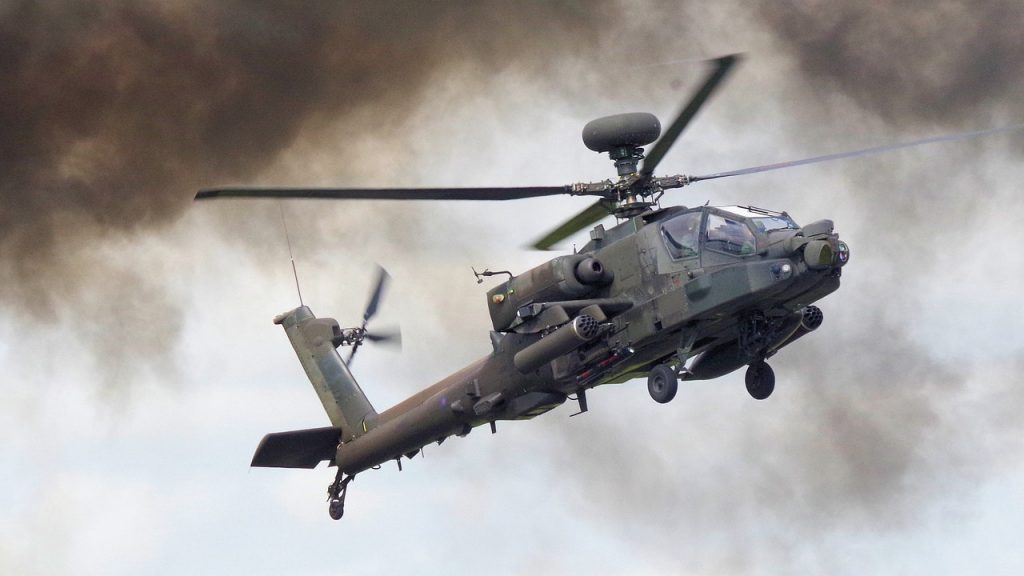
The US assassination of Qods Force Commander Qasem Soleimani could not have come at a worse timing for Iran. The Islamic Republic now faces a choice between entering a dangerous clash with America or suffering a highly damaging blow to its image.
Iran is currently under attack from all directions. Domestically, the Ayatollah regime is coping with an economic crisis and US sanctions that are about to get worse. Meanwhile, growing popular resentment has recently exploded in the worse protests in years.
Externally, Iran’s allies across the Middle East are under siege. Protesters in Lebanon and Iraq are fed up with Tehran’s interference in their countries and hitting the streets en masse. In Syria, Israel continues its aggressive military campaign to drive Iranian forces and proxies out.
Given this state of affairs, officials in Tehran could ill afford to let the US strike go unpunished. Doing so would convey a sense of great weakness and encourage Iran’s opponents to ramp up the pressure on all fronts. However, avenging Soleimani’s killing would put Iran on a direct warpath with America.
Iran’s ‘Vulnerability Gap’
Iran’s problem is that it is extremely vulnerable to massive US airstrikes. The Iranians have numerous strategic targets spread across the country, and an aging air force incapable of challenging US air supremacy. Iran’s defenses could cause some complications but are ultimately no match for America’s military power.
Notably, striking Iran’s Kharg Island would completely disrupt the Islamic Republic’s oil and gas exports. Senator Lindsey Graham has already threatened to hit oil refineries should Iranian aggression continue.
Meanwhile, a devastating assault on the Bandar Abbas port, which handles nearly 80 percent of container imports to Iran, would bring the economy to a standstill. The United States is fully capable of inflicting this kind of damage without deploying any soldiers on Iranian soil.
“Perhaps the greatest vulnerability facing Iran’s leaders lies in the vulnerability gap between Iran and the US,” Professor Hillel Frisch wrote earlier this year in The Jerusalem Post. “While the US can devastate Iran, Iran can only punish its allies, not the US itself.”
Israel Prepares for Trouble
But what about attacking Israel? An Iranian response against the Jewish State is certainly a possibility, and the IDF is preparing for this scenario. The army will now go on a high state of alert, and has already closed the Mount Hermon ski resort in northern Israel to visitors.
Defense officials will convene Friday for an urgent session to address the latest events, and may order further steps. Meanwhile, Israel’s diplomatic missions are also on high alert and will be implementing extra security measures.
However, a major attack on Israel is also a risky move for Iran. Such strike would likely prompt a wide-ranging IDF assault that could quickly escalate into war. The Iranians would certainly prefer to keep the US out of such conflict, but this could be tricky given the current Iran-US dynamic.
A nightmare scenario for Iran would be to see Israel and the US joining forces to bomb Tehran’s nuclear sites. This would be a major setback for Iran’s nuclear aspirations and put to waste the huge investment in the project.
Iran must now tread carefully as its chief strategists formulate a proper retaliation strategy. If Tehran does hit back, it will seek to do so without sparking an all-out war. However, if it plays its cards wrong, the Ayatollah regime could end up facing a strategic disaster, at a time of great weakness.


